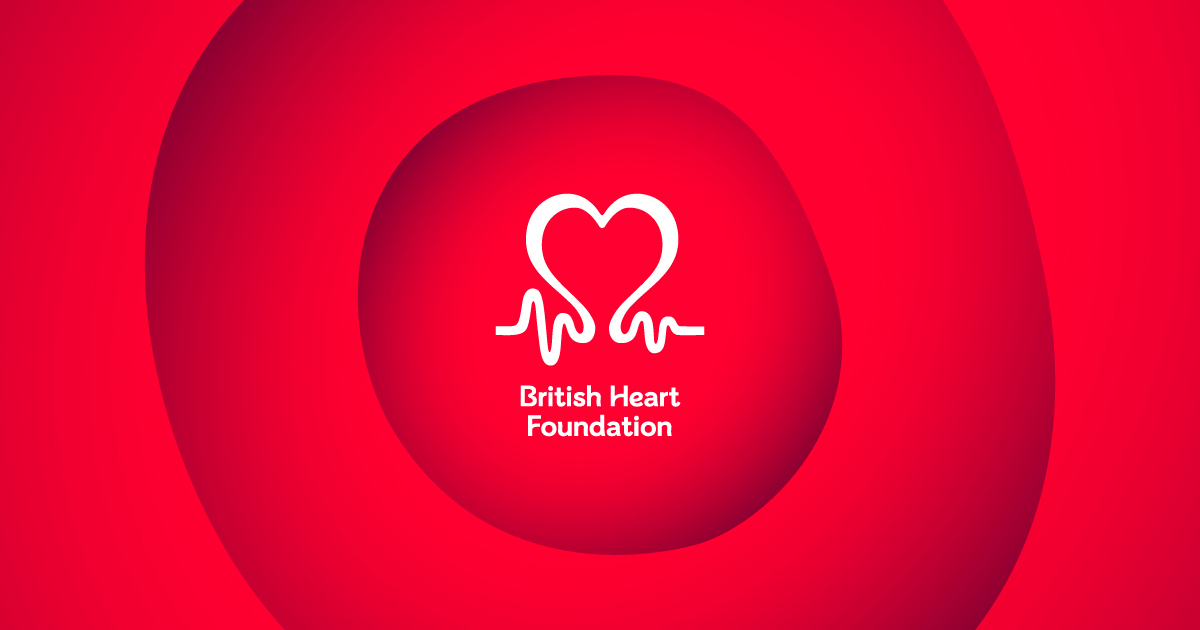Our mental health can affect our heart health. And having a heart or circulatory condition can also affect our mental wellbeing. The BHF has been funding research to understand how the health of the heart is linked to mental health, and to test whether psychological interventions could help people living with heart and circulatory diseases.
Mental stress and heart and circulatory diseases
Mental stress has long been associated with heart and circulatory diseases but how this happens is poorly understood. In 2011, BHF Professor Andrew Steptoe and colleagues studied how cortisol, also known as the body’s main stress hormone, affects coronary artery calcification (hardening of the arteries) - an early sign of atherosclerosis and coronary heart disease. Cortisol has many other functions. It controls blood sugar levels, regulates inflammation and helps control blood pressure. Problems with these processes are linked to the development of heart and circulatory diseases.
Professor Steptoe’s team exposed healthy volunteers to mental stress in the lab, through tests and a simulated public speaking task. Cortisol levels were measured before and after the tests and coronary artery calcification assessed before the test and three years later. The study showed that people who have a heightened cortisol response to stress also had more early signs of atherosclerosis, suggesting that release of cortisol in the body could be a mechanism through which mental stress may influence the risk of developing heart and circulatory diseases.
In another study published in 2013, the team showed that a heightened cortisol response to mental stress in healthy volunteers was linked to levels of troponin in the blood, a protein released by damaged heart cells. But how mental stress could be linked to heart cell damage isn’t yet understood.
The psychological impacts of congenital heart disease
Living with a heart condition can affect your mental health, whatever your age. We funded Dr Rachel Knowles and colleagues at the Institute for Child Health in London to study what makes a difference in the quality of life of children with congenital heart diseases (which means a heart problem you are born with). More than 400 UK children aged 10-14 who had had heart surgery were asked to send in drawings and first-hand accounts describing what it’s like living with a heart problem. The findings, published in 2014, revealed how their quality of life is affected by having a congenital heart condition:
- Their scar: Children with less severe heart problems were more likely to be proud of their scar, some felt that it showed they are a survivor or special. But many children didn’t like other people seeing it or asking questions about it.
- Being left out: A lot of children said that they hated being left out during PE, being asked to be referee or hold the finish line, and that they wanted to feel normal.
- Good friends and teachers who understood and supported them were a great source of support.
These studies and others highlight the need for psychological support for families affected by congenital heart diseases. The BHF has been active in this area since the early 2000s. Our heart helpline, health content on our website and our online communities and support groups for parents, children and young adults with congenital heart disease have helped thousands of people to understand their condition better and offered support through difficult times.
Using mental health therapy to treat Takotsubo syndrome
The BHF is currently funding Professor Dana Dawson and her team at the University of Aberdeen to find out whether the heart health of people with Takotsubo syndrome (sometimes called ‘broken heart syndrome’), where often major emotional or physical stress causes symptoms similar to a heart attack, can be improved through physical activity or cognitive behaviour therapy.
Although the effects of Takotsubo syndrome was thought to be temporary, research we’ve funded has helped to uncover that it can often have lasting effects, including symptoms of heart failure. In this study, people who have had a recent episode of Takotsubo will be prescribed either a three-month schedule of exercise or mental wellbeing training.
The researchers will use scans of the heart to measure whether these approaches help with recovery, as well as measuring trial participants’ ability to exercise and mental wellbeing. There is currently no proven treatment for Takotsubo syndrome, so if either of these two easily implementable and cost-effective programmes could help with recovery, this research could bring real benefit to patients.
First published 1st June 2021






